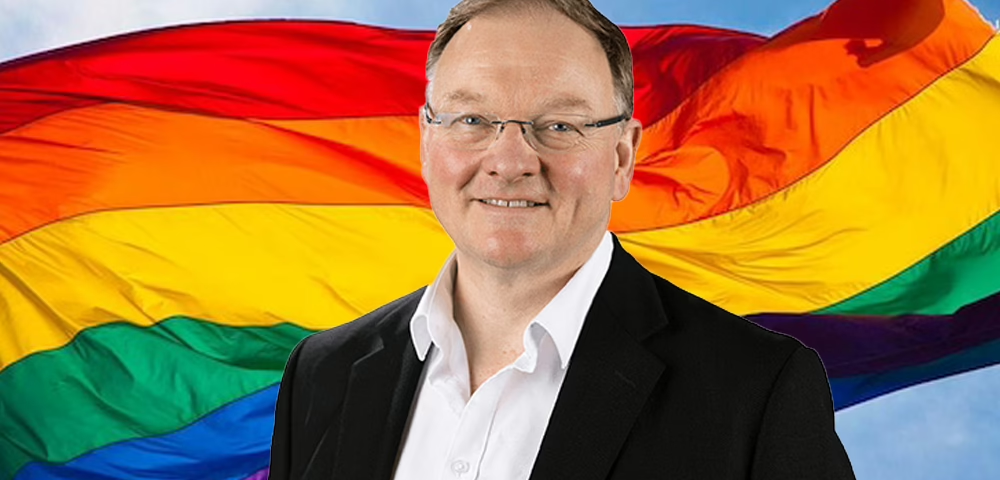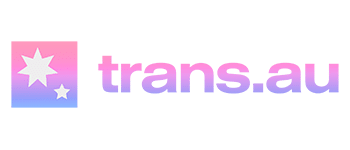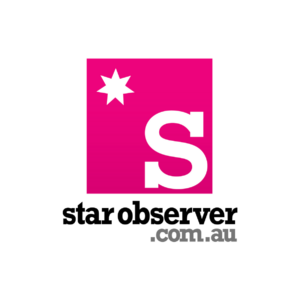
The Tasmanian Government has taken a firm stance in favour of comprehensive LGBTQIA+ inclusion in the 2026 Census, urging the Federal Government to align its efforts with Tasmania’s progressive approach.
Minister for Community Services Roger Jaensch has written to the federal minister responsible for the Census, Andrew Leigh, advocating for better representation of LGBTQIA+ Australians in national data collection.
In his letter, Mr Jaensch highlighted Tasmania’s progress in adopting the Australian Bureau of Statistics (ABS) Standards for collecting data on sexual orientation, gender identity, and variations of sex characteristics.
He noted that Tasmanian government agencies are developing action plans under these standards to ensure robust data collection.
“Ideally, collection of Tasmanian data on sexual orientation, gender identity and sex characteristics should have corresponding national data for Tasmanian Government agencies, social services and businesses to access and compare against,” Jaensch wrote.
He encouraged the federal government to listen to LGBTQIA+ advocates, particularly regarding the inclusion of intersex Australians and the lowering of the age for respondents to 15.
Equality Tasmania spokesperson Rodney Croome welcomed Jaensch’s intervention. “Tasmania has gone further than any other state in implementing the ABS guidelines on gathering data on LGBTIQA+ people,” he said.
“The Tasmanian Government is effectively saying, ‘if Tasmania can do it, so can you, so get your act together.’”
Croome also called on other states to follow Tasmania’s lead.
“I urge other state governments that haven’t yet spoken out to follow Tasmania’s lead,” he added.
The federal government has faced widespread criticism for its handling of LGBTQIA+ inclusion in the Census. Earlier this year, Prime Minister Anthony Albanese backtracked on an initial decision to exclude questions about sexual orientation and gender identity.
However, the planned questions still fail to count transgender people under 16 and omit intersex Australians entirely.
Jaensch’s letter highlighted these gaps. “LGBTIQA+ Tasmanians have shared their concerns that the new sexual orientation and gender question will only be asked of people aged 16 and over,” he wrote.
“They have shared their wish for the Australian Government to consider lowering the age of respondents to 15.”
The Tasmanian Government is also working with LGBTQIA+ representatives to develop a new state LGBTIQA+ Framework and Action Plan, setting an example of inclusion that advocates hope the federal government will follow.



